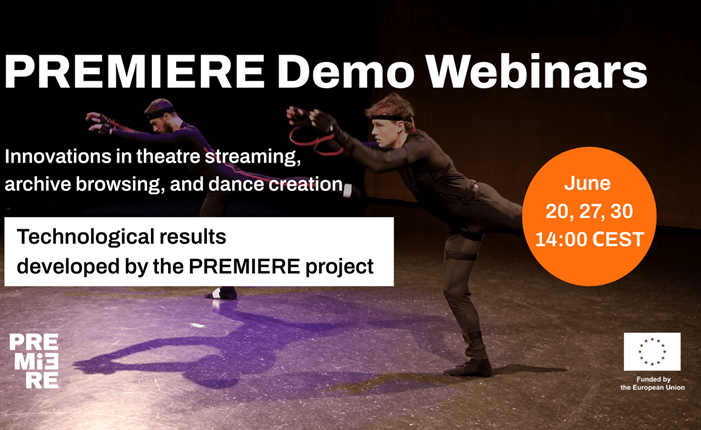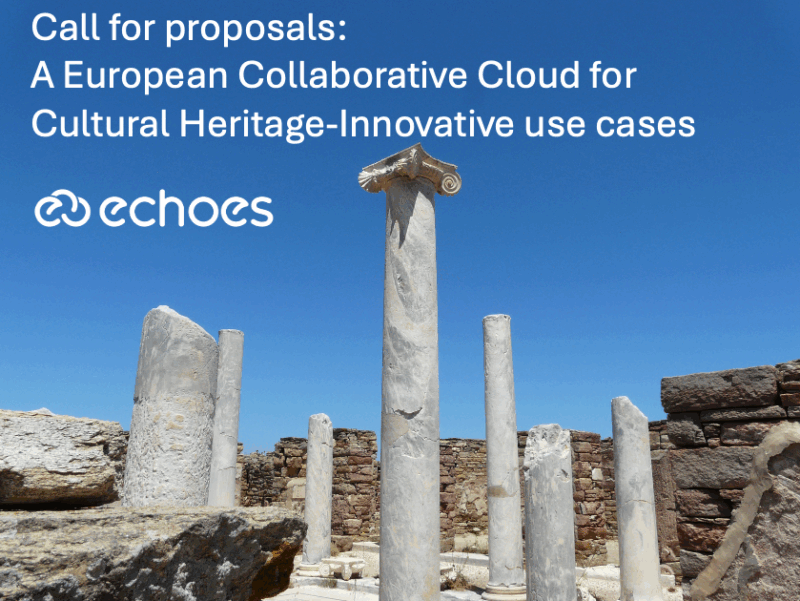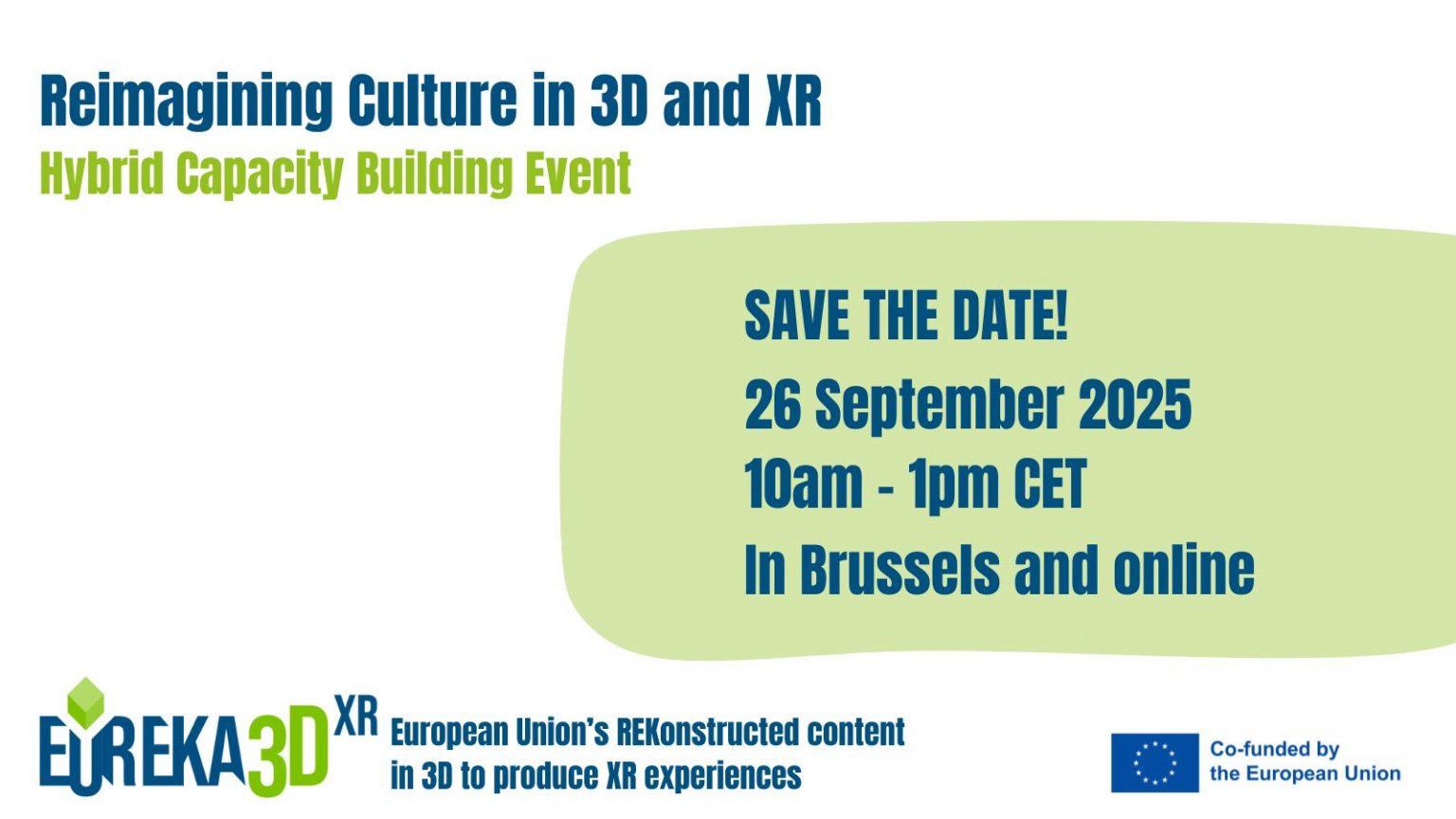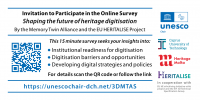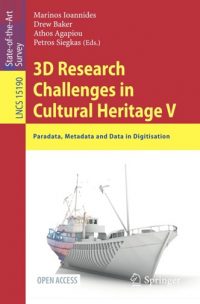-
Join the
Digital Meets Culture
Open Newsroom! If you have interesting news and events to point out in the field of digital cultural heritage, we are waiting for your contribution.
If you have interesting news and events to point out in the field of digital cultural heritage, we are waiting for your contribution.
-
Free text
-
-
Upcoming events
-
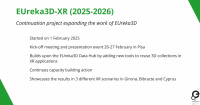 On the projects scope, results, and future plans
On the projects scope, results, and future plansDuring this year’s important event of Europeana Aggregators Forum (9-10 April 2025), Valentina Bachi from Photoconsortium delivered a presentation on both EUreka3D and EUreka3D-XR projects. The presentation went through EUreka3D project’s achievements with the developing of the EUreka3D Data … Continue reading →
 The collections feature 3D models digitised in the context of the EUreka3D project
The collections feature 3D models digitised in the context of the EUreka3D projectExplore two new source collections on Historiana, the online multimedia tool co-funded by the European Union that provides teachers with innovative, interactive resources to bring history to life and engage students. These collections feature 3D models digitised through the … Continue reading →
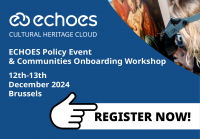 Brussels or online, December 12 - 13, 2024
Brussels or online, December 12 - 13, 2024The ECHOES Project Policy Event “Toward the Cultural Heritage Cloud” and the workshop “Onboarding communities into the Cultural Heritage Cloud” will take place in Brussels and online on 12 – 13 December 2024 and will officially launch the European Collaborative … Continue reading →
|
PRESENTATION OF THE PROJECT
|
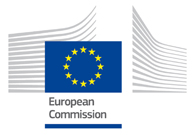
|
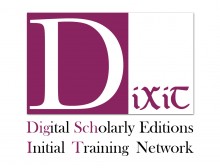
On 30th September and 1st October in Rome, the kick off meeting of project DiXiT was held at the premises of Sapienza University in Rome. DiXiT is an international network of high-profile institutions from the public and the private sector… Continue reading →
No items, feed is empty.
Coordinator:
Prof. Dr. Dr. h.c. Andreas SpeerCologne Center for eHumanities (CCeH)
University of Cologne
Albertus-Magnus-Platz D-50931 Köln
Project Manager:
Phone: +49 - 221 - 470 4056 Fax: +49 - 221 - 470 5011
Project website: http://dixit.uni-koeln.de/
Contact general: dixit-info@uni-koeln.de
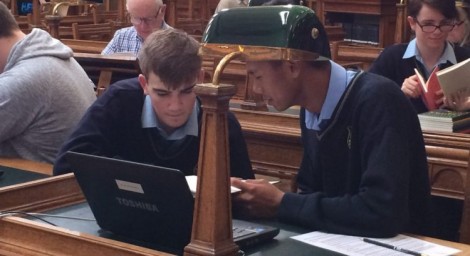
The University of Grenoble-Alpes together with the Maison de Sciences de l’Homme-Alpes with the sponsorship of ITN DIXIT* organises a summer school in Digital Editing and Digital Humanities. Details will be published shortly, but the summer school is aimed at … Continue reading →
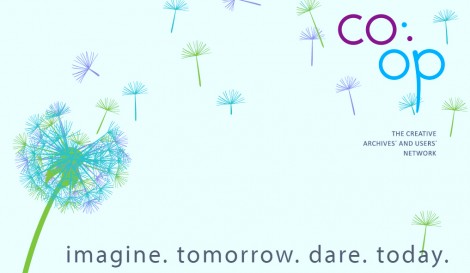
Challenges and Practices of Copyright and Licensing of Digital Cultural Heritage are the main topics of this event organised by the Co:OP project, funded by the Creative Europe programme of the European Union aims to strengthen and promote the co-operation between institutions preserving our common cultural heritage and the general public. Continue reading →
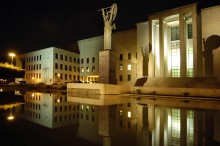
Digilab and DiXiT network (http://dixit.uni-koeln.de/) organize a one day workshop on the educational application and social impact of digital scholarly editions. The workshop will take place on Tuesday, January 24, 2017, in conjunction with the AIUCD 2017 Conference and the 3rd EADH Day (aiucd2017.aiucd.it) at … Continue reading →
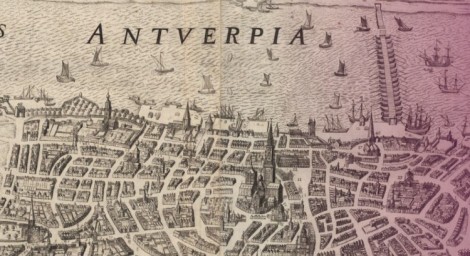
This thirteenth annual conference of the European Society for Textual Scholarship (ESTS), is organized in conjunction with the Digital Scholarly Editing Initial Training Network (DiXiT) and hosted by the Centre for Manuscript Genetics at the University of Antwerp, Belgium. 5-7 … Continue reading →
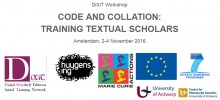
The event is part of the DiXiT network and is hosted by the Huygens Institute for the History of the Netherlands. It brings together a group of international experts from the fields of textual scholarship and computer science. The … Continue reading →
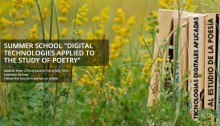
Summer School “Digital technologies applied to the study of poetry” Dates: 27 June to 1st July 2016 Venue: Sala Sáenz Torrecilla, Facultad de Económicas, UNED, Madrid – or your own computer (the course is available online) The summer school … Continue reading →
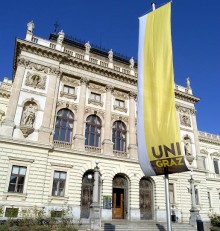
The symposium will discuss the relationship between digital scholarly editing and interfaces by bringing together experts of DSEs and Interface Design, editors and users of editions, web designers and developers. Continue reading →
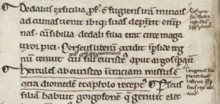
The Digital Scholarly Editions Initial Training Network (DiXiT), with the Institute of English Studies (London), the University of Cambridge, the Warburg Institute, and King’s College London are pleased to announce the sixth year of the course on Medieval and Modern Manuscript. The course is free of charge but is open only to doctoral students (PhD or equivalent). Applications close on Monday 22 February 2016… Continue reading →
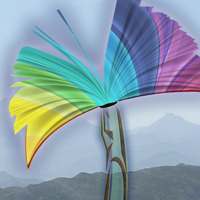
The course is being held in Madrid, at LINHD (Laboratorio de Innovación en Humanidades Digitales), from 13 to 17 July 2015, with the sponsorship of DiXiT – Digital Scholarly Editions Initial Training Network. The various programme sessions aim to complete the participants’ training, in order for them to become familiar with text transformation via different languages (HTML, CSS, XSLT) and formats (ePub). The competences acquired will enable the students to know the whole digital editing process and to generate several kind editions (scientific, didactic). Continue reading →
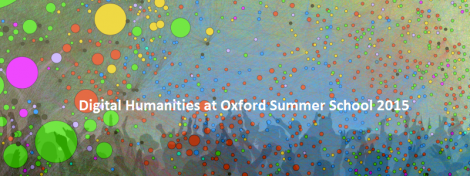
This workshop, run as part of the Digital Humanities at Oxford Summer School 2015 (20 -24 July 2015), will enable participants to experience crowdsourcing in microcosm all the way from project conception to launch to data analysis. It will be of particular interest to academics, librarians and museum professionals who see the potential for crowdsourcing to expedite data extraction from non-machine readable collections. The workshop will be run by Dr Victoria Van Hyning, Digital Humanities Project Lead at Zooniverse.org (University of Oxford), and Sarah de Haas, a technical specialist from Google with a background in humanities. Continue reading →


